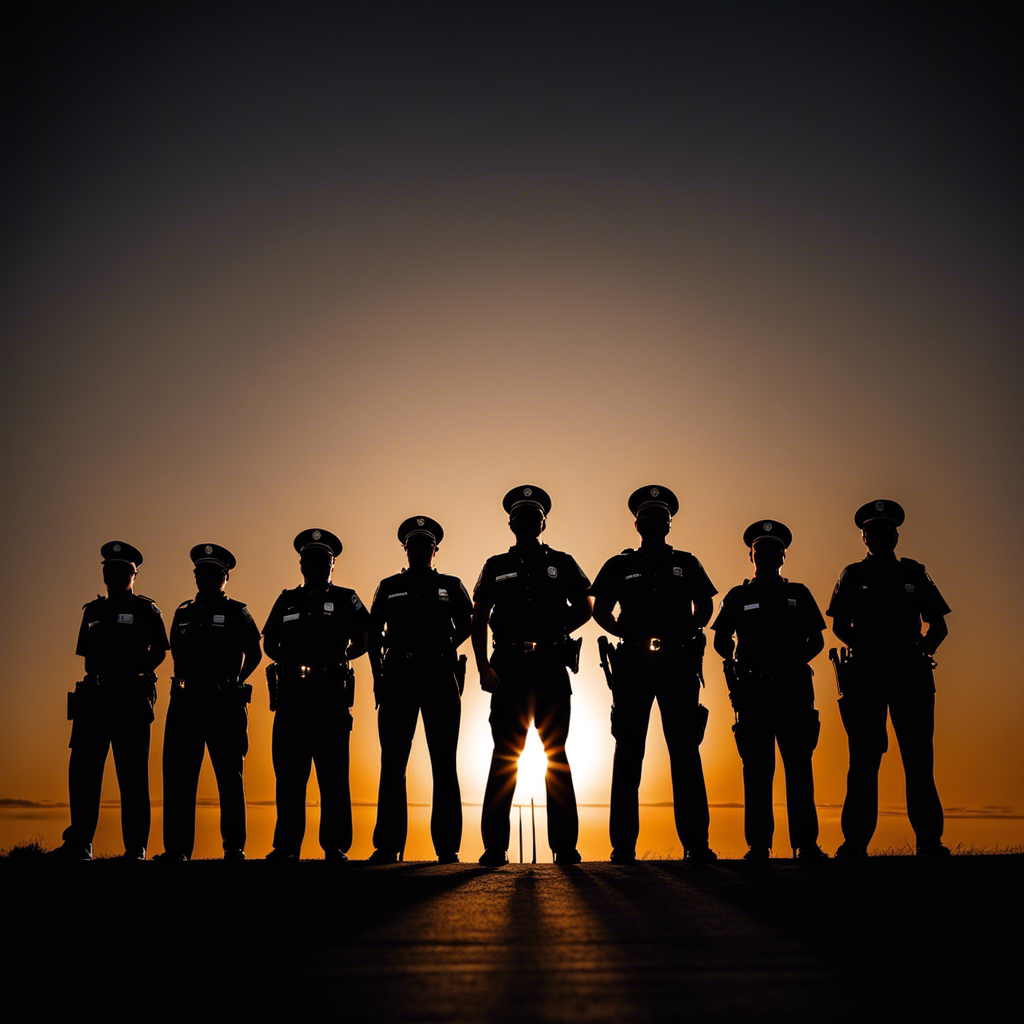It has been confirmed by the Cabinet that the compulsory retirement age for prison officers, gardaí and Defence Forces personnel will be extended. The existing retirement age for prison officers and gardaí will be raised from 60 to 62.
From the end of the current month, the Defence Forces’ obligatory retirement age will initially rise to 60 and then 62 once the pensions legislation is implemented. At present, the compulsory retirement ages within the Defence Forces differ based on rank from 47 to 58. However, for Colonel and higher ranks, 60 is the retirement age.
Mandatory retirement at the age of 62, according to Justice Minister Helen McEntee, would be elective and would be applied to all ranks. She stated these adjustments enable them to “preserve the skills, expertise we acknowledge exist”. McEntee mentioned that at the Garda Commissioner’s request, she had prolonged the working age for 150 Garda personnel in the last three years.
Micheál Martin, Tánaiste and Defence Minister, stated that despite a significant level of investment in defence, there was a substantial recruitment and retention issue in the Defence Forces. The plans to enlarge the compulsory retirement age would aid in retaining physically fit, well-trained personnel with rich experience. Martin also revealed the recruitment age ceiling would be raised from 29 to 39.
The imminent increases in uniformed public servants’ compulsory retirement ages will be facilitated under the Fast Accrual Pension Policy of the Department of Public Expenditure and Reform (DPER).
Modifications are being made to the policy framework for quick pension accumulation, allowing such accumulation to continue until the employee turns 60. However, if an individual continues to work beyond that age, their pension will start collecting on a regular basis. The DPER has released a statement highlighting that this policy will enable raising the compulsory retirement ages in uniformed services. This approach is aimed at meeting the operational needs sustainably and fairly.
Paschal Donohoe, the Minister for Public Expenditure, has been tasked with drafting legislation to establish the necessary alterations. He expressed his full support for increasing retirement ages in uniformed services, saying that people now enjoy longer, healthier life spans. As such, offering extra assurances in terms of their retirement ages is both necessary and fitting. Mr Donohoe added that applying the quick accrual policy of the department would facilitate these adjustments.
Lieut Gen Seán Clancy, the Defence Forces’ Chief of Staff, warmly welcomed the rise in retirement age and the age cap for enlistees. He stated that raising the mandatory retirement age had been of utmost importance to him. A statement from the Defence Forces noted that it was the first time the retirement age had been increased for their personnel since 1963, a change that more suitably mirrors the rise in average healthy life expectancy that we’re all experiencing.
The changes made are also generally in agreement with those implemented by other western military bodies. Raco, the body representing Commissioned Officers, also embraced the new age limit for retirement across all ranks. The group confirmed it had advocated for a rise in the compulsory retirement age since 2018, and this increase would partially help close the notorious gap between forced early retirement and eligibility for a state pension.
Nevertheless, Raco expressed worries about raising the cadet induction age to 39 without any prior discussions. According to their statement, this could affect the feasibility of pursuing careers in Defence Forces due to the effects on the average earnings model of pension provision, particularly considering the stringent medical and fitness prerequisites for new recruits.
Raco indicated that it has written to the Ministry of Defence, asking for the evidence-based assessment, including ramifications of this notable surge from 26 to 39, as this hasn’t been made available to our organisation, as it should have been in line with our established procedural rules.
– Tune into our Inside Politics Podcast for the most recent analysis and discussion.
– Subscribe to push notifications and receive top news, analysis and comments straight to your mobile device.
– Discover The Irish Times on WhatsApp and keep yourself current.

